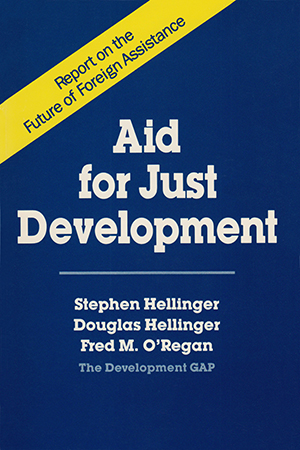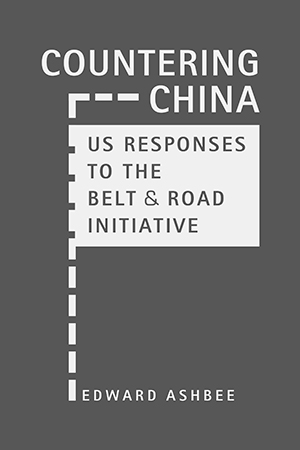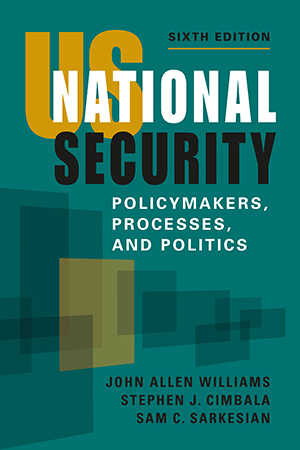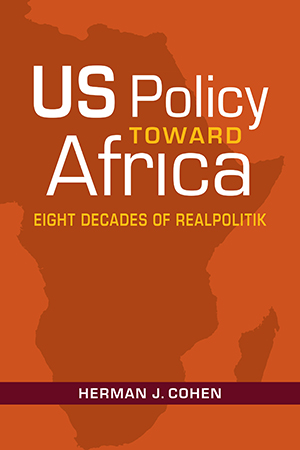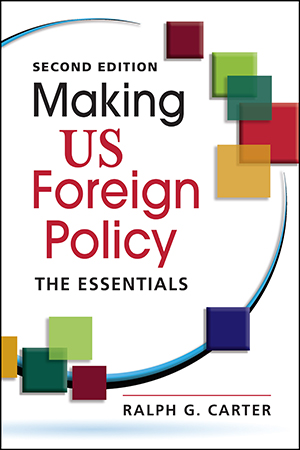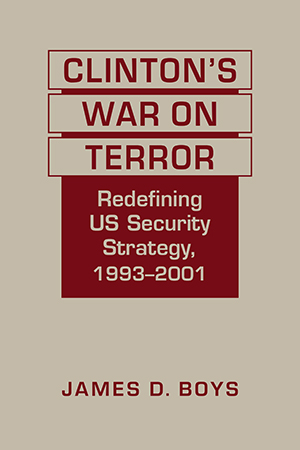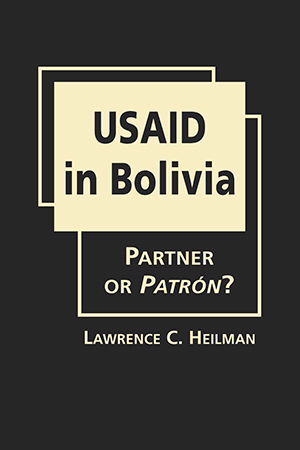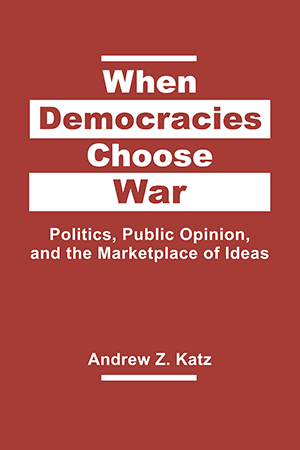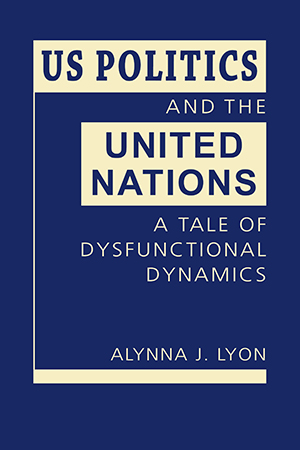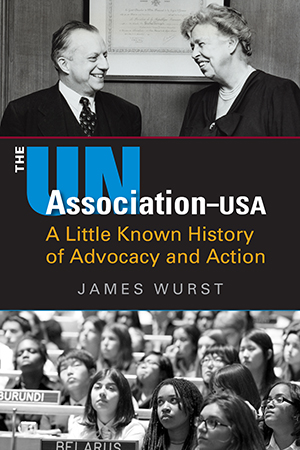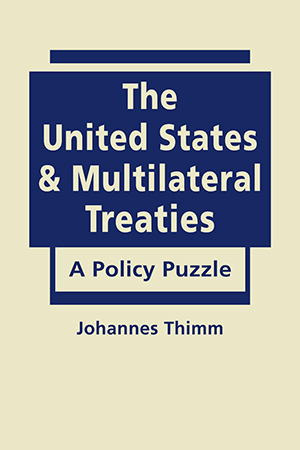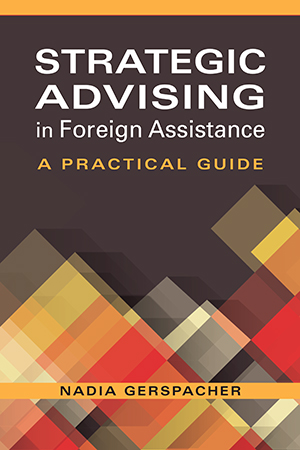US Foreign Policy
Since the 1990s, the US use of economic sanctions as a tool of statecraft has exploded—and both third-party states and the targets themselves have developed a range of More >
World Hunger Media Award Winner (Best Book, 1988)! Decades after Aid for Just Development launched a citizen's initiative and formed part of a Congressional effort to reform US More >
TikTok, Huawei, semiconductors, AI … Technology has become a field of fierce geopolitical competition, especially between the United States and China. What drives this particular More >
By March 2022, a remarkable 144 countries had signed onto the Belt and Road Initiative (BRI)—China's massive investment and infrastructure development program—with More >
Choice Outstanding Academic Book! The main focus of US national security policy has shifted dramatically since the years of the Obama administration, moving away from nation building and More >
Herman Cohen draws on both the documentary record and his years of on-the-ground experience to provide a uniquely comprehensive survey and interpretation of nearly eight decades of US policy More >
Whether your approach to teaching US foreign policy is thematic, historical, case-study oriented, regional, or perhaps a blend of several approaches, Making US Foreign Policy: The Essentials More >
Whether democracy promotion should play a role in US foreign policy continues to be a subject of considerable debate, perhaps nowhere more than with regard to the Arab World. But looking More >
In the aftermath of the catastrophic attacks of September 11, 2001, President Bill Clinton's time in office was portrayed as one in which vital opportunities to confront growing threats More >
After Bolivia had received more than $4.7 billion from the US government to support 70 years of development efforts, why would Evo Morales abruptly expel USAID from the country in May 2013? More >
What is going on domestically when democracies choose war? Why do some wars of choice generate political opposition while others don't? Is there an internal mechanism that constrains the More >
It is no secret that the US variously pulls away from the United Nations and embraces it as a significant venue for policy initiatives. But what explains this dramatic inconsistency? What is More >
Little known outside a small community of insiders, the United Nations Association–USA has had an impact on both the UN and the US-UN relationship far greater than its size would More >
Why is the US so reluctant to join global multilateral treaties, even when those treaties are in line with its own policies? And how does it decide which treaties to ratify? Finding that the More >
Though advisers to host governments have become an integral part of foreign-assistance efforts in the realms of both development and peace processes, there has been scant information on how More >




